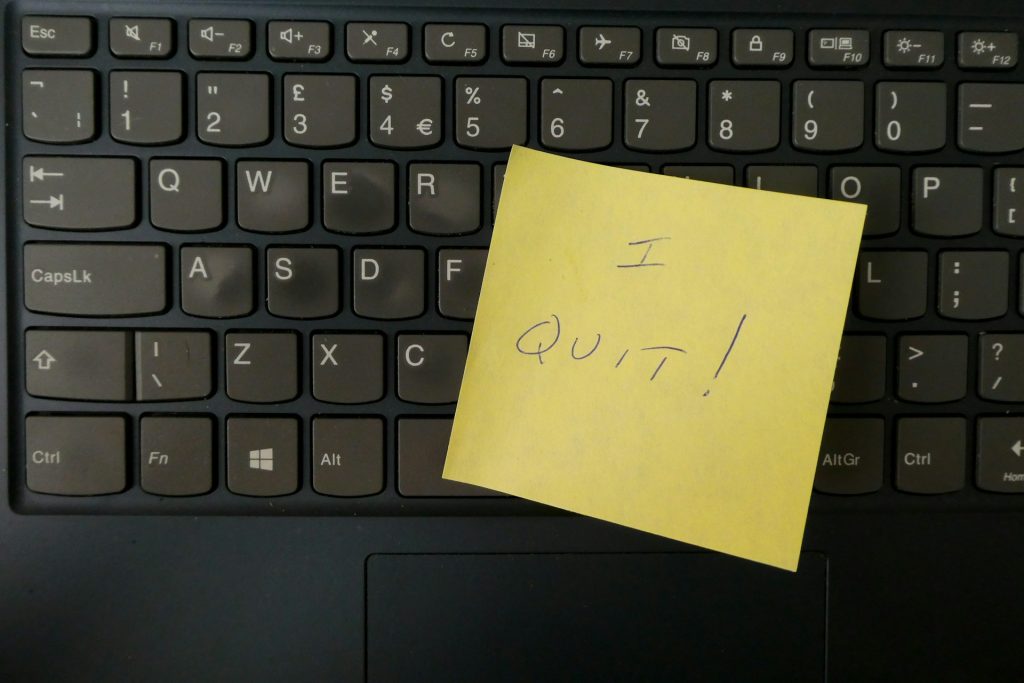
Embarking on investments can be fraught with unforeseen pitfalls, but learning from others’ errors offers invaluable lessons. This article dissects critical investment missteps, threading together narratives and advice from seasoned experts. Gain a deeper understanding of common financial follies and the strategies to avoid them.
- Underestimated Due Diligence on eSports Investment
- Missed Opportunity to Take Profits
- Lost Everything in Dot-Com Crash
- Underestimated Regional Market Volatility
- Invested in Fintech Without Proper Analysis
- Bought Trending Stock Without Research
Underestimated Due Diligence on eSports Investment
One of the most valuable lessons I’ve learned as an investor came from a personal investment decision that didn’t go as planned. A few years ago, I invested in an eSports company that I believed was well-positioned to capitalize on the rapid growth of the eSports industry. At the time, the sector’s momentum and potential for exponential growth seemed undeniable.
The key mistake I made was underestimating the importance of due diligence and over-relying on industry trends. While the eSports movement was undeniably strong, my focus on the sector’s overall potential overshadowed my responsibility to rigorously assess the specific company’s fundamentals. I failed to recognize the limited scope of the company’s business model and did not probe deeply enough into the quality of its leadership. Additionally, I had minimal direct engagement with the company’s management team.
This experience prompted me to make several meaningful changes in my investment approach. First, I now prioritize comprehensive due diligence on any individual stock, regardless of how strong the industry backdrop may appear. I’ve implemented a more rigorous process for evaluating a company’s financial health, leadership quality, and competitive positioning. This means conducting deeper research into quarterly earnings reports, industry peers, and red flags within management’s communications and transparency.
Second, I’ve refined my approach to risk management. I’m more mindful of the concentration of risk in niche sectors and ensure that any allocation to emerging industries is balanced within the context of the broader portfolio. Diversification remains a central tenet of my investment philosophy, and I’ve become far more disciplined in setting limits on exposure to speculative plays.
Finally, I’ve learned the power of humility in investing. No matter how compelling an idea seems, the market’s reality can be unpredictable. I’ve become more patient in my analysis and more willing to walk away from an investment if the evidence doesn’t support the thesis. This shift has not only made me a better investor but also a better advisor.
Today, I apply these lessons in every decision I make for clients. The experience wasn’t just a financial loss—it was a catalyst for growth. By strengthening my due diligence, improving risk controls, and embracing a mindset of continuous learning, I’ve become a more thoughtful, measured, and effective advisor.
Chad Harmer, Founder, CIO, Real Estate Broker, and Financial Planner, www.harmerwealth.com
Missed Opportunity to Take Profits
There is a mistake I made twice, and I am happy to report there has not been a third time. Firstly in the run up of “altcoins” in 2017, I was well positioned to take life-changing profits. As an early adopter of Bitcoin and Ethereum in 2014, I look back and realize I should have known better, but I thought prices would keep going up. I made the full “round trip,” and saw many 10x opportunities come back to their cost basis.
Secondly, and this is probably a more practical example, it is always wise to take chips off the table as an owner operator. I was in a director role with stock options and equity compensation for a private equity company that went from 1 location to 130 locations inside of 5 years. We crushed every milestone, we IPO’d, and the future just kept looking brighter and brighter. Then, just like that, Covid shut everything down, and we were just about wiped out overnight.
The three wisest people ever in finance are named: shoulda, coulda, and woulda. Don’t let this be you! Surround yourself with experienced advisors that have your best interests at heart. At this point in my career, as I said at the top, I am a seasoned veteran, and I have these two experiences to thank for that.
Geoff Sokol, Private Wealth Advisor, gtria.com
Lost Everything in Dot-Com Crash
In my 20s I was drawn to the idea of winning big fast. There was a dearth of new companies fueling the dot-com era and I was primed and ready to invest in them, although they had no fundamentals to support their rising prices. When the stock market crashed, I lost everything I had invested. The biggest irony was that I knew how to analyze and pick stocks for my investment portfolio. This experience taught me that it was better to invest in solid companies that offer steady long-term returns. I shifted my investing strategy, focusing on quality investments, which helped me build my retirement to seven figures before I turned 48.
Tanya Taylor, Founder & CEO, growyourwealth10x.com
Underestimated Regional Market Volatility
One financial investment mistake that taught a valuable lesson involved a short-term property-backed loan that was approved without fully accounting for potential market volatility. The borrower, a developer, required bridge financing for a project in a regional area. While the property’s valuation and the loan-to-value ratio (LTV) appeared sound, we underestimated the risks associated with the regional market’s slower sales cycles and limited buyer pool.
As the loan term progressed, the borrower struggled to sell the property within the anticipated timeline due to unexpected market cooling in the area. This delay increased holding costs for the borrower and created challenges for us in managing the timeline for repayment. While the loan was eventually repaid after renegotiating terms, the experience highlighted gaps in our initial risk assessment process.
The lesson we took from this was the importance of stress-testing assumptions under varying market conditions and placing a higher emphasis on regional market dynamics. Since then, we’ve refined our due diligence process to include a more detailed analysis of location-specific factors, such as buyer demand, market saturation, and sales timelines. Additionally, we’ve adopted stricter criteria for projects in regional areas, often requiring enhanced security or alternative exit strategies.
This experience has shaped our investment approach by reinforcing the importance of conservative assumptions and proactive risk management. By thoroughly understanding market-specific risks and preparing for contingencies, we’ve been able to make more informed decisions and ensure stronger outcomes for both our business and our clients. Mistakes, while challenging, often lead to the most impactful improvements.
Kalpi Prasad, Finance Partner, www.renownlending.com
Invested in Fintech Without Proper Analysis
During my early days at N26, I made what I now consider a classic rookie mistake: getting caught up in the fintech hype without doing proper due diligence. When a promising startup approached me for investment, their innovative payment solution and impressive pitch deck got me excited, and I rushed into investing without thoroughly analyzing their market fit and competition. The reality check came when the startup struggled to gain traction, and I learned the hard way that a great presentation doesn’t always equal a great business model. This experience fundamentally shaped how I approach investments at Spectup, where we now place enormous emphasis on comprehensive market analysis and validation before making any recommendations.
I remember sitting in my apartment, looking at the declining numbers, and realizing that emotional investment decisions rarely end well. That’s exactly why we now have a structured evaluation process that forces us to look beyond the shiny surface of startups and dig deep into their fundamentals. The biggest lesson I carry with me, and share with our clients, is that patience and thorough research are your best friends in the investment world. It’s better to miss an opportunity than to jump into a bad investment—something I wish someone had told me back in my N26 days.
Niclas Schlopsna, Managing Consultant and CEO, www.spectup.com
Bought Trending Stock Without Research
Purchasing a trending stock based only on market hype instead of doing extensive investigation was one financial investment error I made. Due to poor fundamentals and management problems I hadn’t taken into consideration, the stock quickly crashed after showing encouraging rises at first. I learned from this how crucial it is to conduct thorough due diligence, focusing on the business’s competitive positioning, long-term growth potential, and financial stability rather than chasing fads.
Since then, I’ve taken a more methodical and research-based approach to investing, giving diversified portfolios first priority and taking risks and potential gains into account. The importance of patience and making well-informed financial investing decisions was highlighted by this experience.
Khurram Mir, Founder and Chief Marketing Officer, www.kualitatem.com

